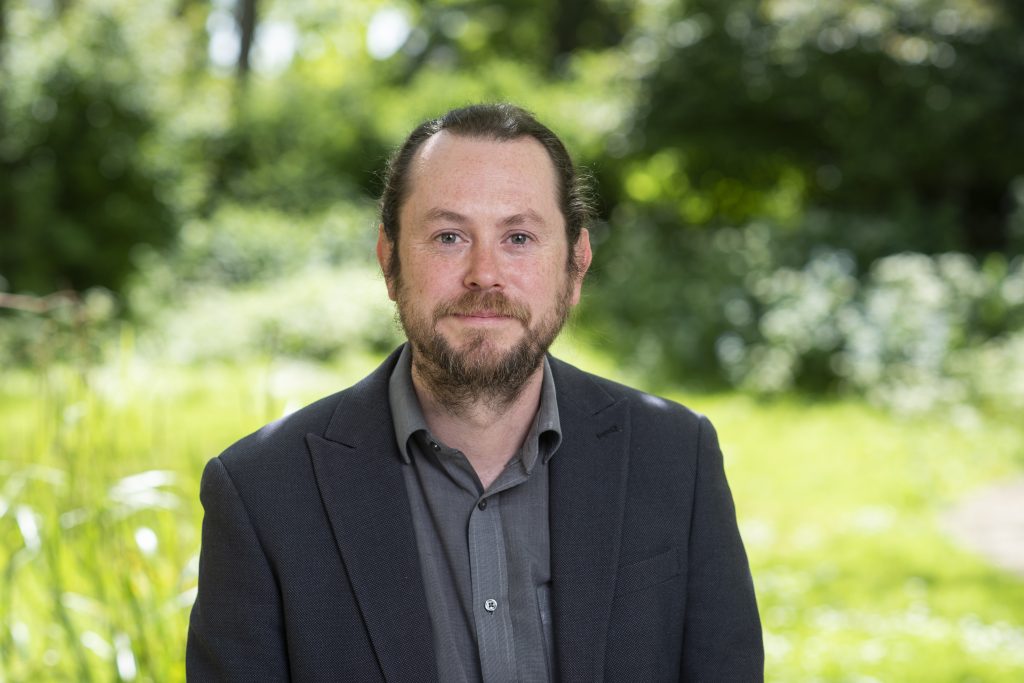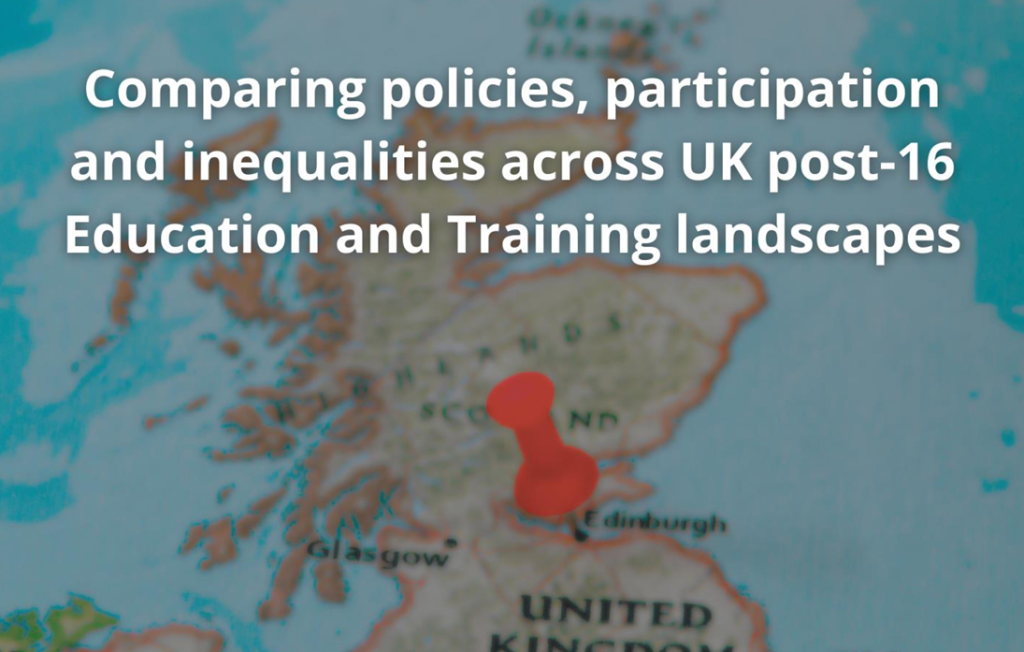System-Thinking Approaches to Tertiary Education Policymaking in England
The Project
This project aims to explore and develop system-thinking approaches in policy-making, to foster coherence, collaboration, and synergies within the tertiary education system in England.
Tertiary education plays a pivotal role in every country, but it is often a complex system with diverse stakeholders, institutional stratification, varied learner pathways, and intricate relationships.
Despite efforts towards systemic approaches, the tertiary education in England still grapples with segregated approaches in policy-making, resulting in increasing inequalities across institutions, and, consequently, limited opportunities for post-16 learners. Silos persist between Education, Training, Research and Innovation, and the dichotomy exists between academic and vocational knowledge.
This project investigates system-thinking approaches in policy-making, to foster coherence, collaboration, and synergies within the tertiary education system in England. A pivotal aspect of the project is its emphasis on decentralisation and regional focus, acknowledging regional disparities in funding, resources, demographics, and skills demand.
The project team are conducting comprehensive reviews of relevant literature, evidence, and policies; organising workshops (also in collaboration with Professor Paul Ashwin, Professor Ellen Hazelkorn, and Professor Andrew Westwood); and conducting interviews with key stakeholders at national and regional levels.
Research Team
External Team
More Projects
-
ProjectIntergenerational Mobility and Higher Education Internationally: a comparative perspectiveDiscover MoreStart date: March 2025End date: November 2025
-
ProjectResearch Collaboration in EducationDiscover MoreStart date: April 2024End date: April 2026
-
ProjectWhat Matters to Students: Embedding Student Voices in Evaluations to Improve Student OutcomesDiscover MoreStart date: January 2024End date: December 2024
-
ProjectUnderstanding the ‘Value’ of Humanities DegreesDiscover MoreStart date: February 2019End date: November 2019
-
ProjectThe curriculum development by Training Managers (TMs) for WorldSkills Competitions and its translation into Further Education and Private Training Provider delivery in the UKDiscover MoreStart date: October 2018End date: April 2019
More News
-
 NewsNew report calls for shift from competition to coordination in post-16 education and training across the UKApril 15, 2025
NewsNew report calls for shift from competition to coordination in post-16 education and training across the UKApril 15, 2025 -
 NewsNew report finds stark inequalities in post-16 education outcomes across the UKFebruary 22, 2024
NewsNew report finds stark inequalities in post-16 education outcomes across the UKFebruary 22, 2024 -
 NewsNew research shows how studying the humanities can benefit young people’s future careers and wider societyJune 22, 2023
NewsNew research shows how studying the humanities can benefit young people’s future careers and wider societyJune 22, 2023
Project Details
Research Team
External Team
More Projects
-
ProjectIntergenerational Mobility and Higher Education Internationally: a comparative perspectiveDiscover MoreStart date: March 2025End date: November 2025
-
ProjectResearch Collaboration in EducationDiscover MoreStart date: April 2024End date: April 2026
-
ProjectWhat Matters to Students: Embedding Student Voices in Evaluations to Improve Student OutcomesDiscover MoreStart date: January 2024End date: December 2024
-
ProjectUnderstanding the ‘Value’ of Humanities DegreesDiscover MoreStart date: February 2019End date: November 2019
-
ProjectThe curriculum development by Training Managers (TMs) for WorldSkills Competitions and its translation into Further Education and Private Training Provider delivery in the UKDiscover MoreStart date: October 2018End date: April 2019
More News
-
 NewsNew report calls for shift from competition to coordination in post-16 education and training across the UKApril 15, 2025
NewsNew report calls for shift from competition to coordination in post-16 education and training across the UKApril 15, 2025 -
 NewsNew report finds stark inequalities in post-16 education outcomes across the UKFebruary 22, 2024
NewsNew report finds stark inequalities in post-16 education outcomes across the UKFebruary 22, 2024 -
 NewsNew research shows how studying the humanities can benefit young people’s future careers and wider societyJune 22, 2023
NewsNew research shows how studying the humanities can benefit young people’s future careers and wider societyJune 22, 2023











